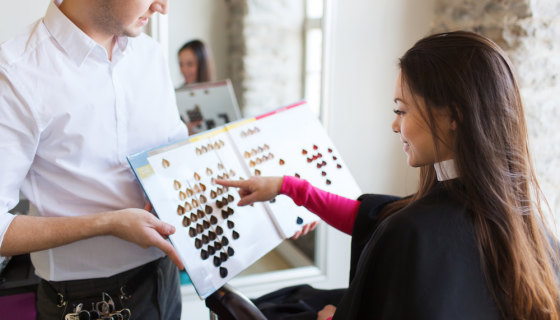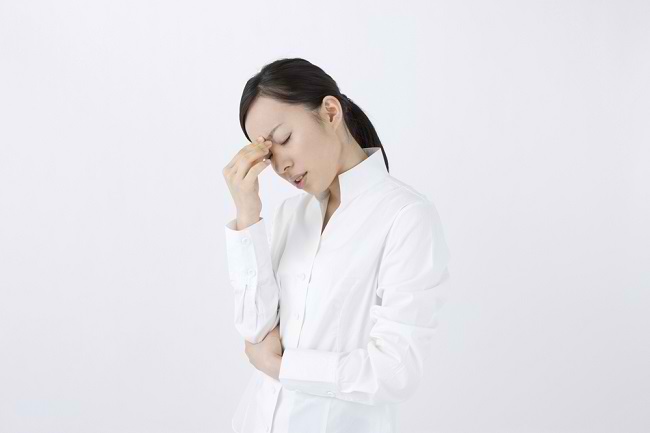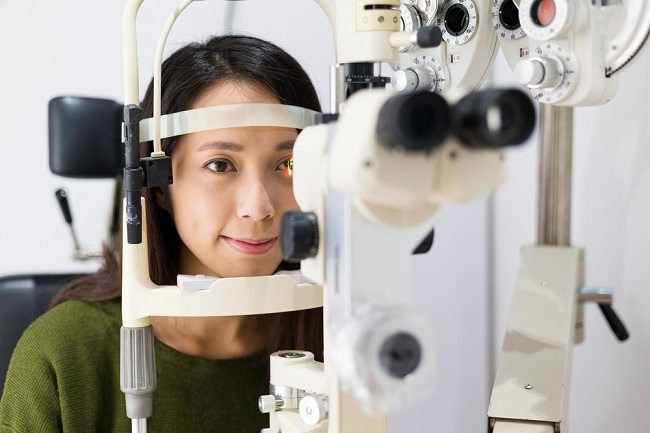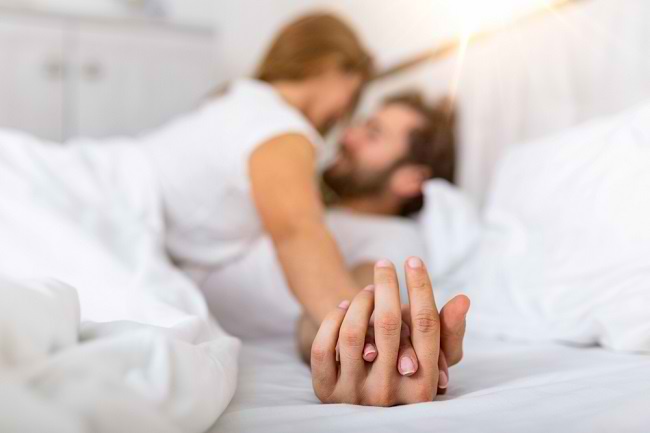Acne injections are one way that doctors can do to treat inflamed acne. This acne treatment step is generally safe to do, but not everyone can treat acne that way.
Acne injections are used to treat inflamed acne, such as papular acne, nodule acne, and cystic acne. The type of drug that is commonly used is corticosteroid injections.

Although it is quite effective in removing inflamed acne, this procedure is usually done to treat stubborn or severe acne and not to treat mild acne.
Acne injections can give quick results, which is about 1-2 days. In addition to removing acne, this procedure can also prevent the appearance of acne scars on the skin.
Are Acne Injections Safe To Do?
Acne injections are a safe procedure when performed by a dermatologist. This is because the determination of the dose to the injection process must be adjusted to the acne condition you want to treat, in order to prevent the appearance of scar tissue or thinning of the skin.
Although acne injections are relatively safe, not everyone can treat acne that way. Acne injection procedures are not recommended for pregnant women and children or people who have certain medical conditions, such as:
- History of liver disease, kidney disease, high blood pressure, and diabetes
- Infections, such as tuberculosis and fungal infections
- Thyroid disorders
- Stomach ulcers and gastritis
- Heart failure
In addition to acne injections, acne usually also needs to be treated with the use of acne medications, either in the form of topical or oral medications. These drugs can be in the form of antibiotics and retinoids.
Risks and Side Effects of Acne Injections
Like other treatments, acne injections can also cause side effects. Acne medication that is injected too much or too often can cause scars at the injection site.
In addition, excessive use of corticosteroid drugs can also cause several side effects, including:
- Skin tissue thinning
- Changes in skin color
- Infection
- Red lines appear on the skin
- Nausea and vomiting
- Swelling in certain body parts, such as the face
- Headache
- Mood swings
The use of corticosteroids in the long term or in high doses is also at risk of causing bones to become more brittle and weaken the immune system. People on corticosteroid therapy are also at an increased risk of developing Cushing's syndrome.
Even so, the amount of corticosteroid drugs used in acne injections is usually so small that it rarely causes these side effects.
Various Tips to Prevent Acne
Treatment of inflamed acne will show maximum results if accompanied by proper acne skin care. To prevent the appearance of inflamed acne, you can follow the following tips:
- Avoid touching or squeezing the pimple.
- Clean your face regularly with a special facial soap every morning and night.
- Clean your face immediately after doing physical activity or when your face sweats a lot.
- Use a facial cleanser without fragrance so it doesn't irritate the skin.
- Use a moisturizer that contains sunscreen to protect your skin from UV rays.
- Use makeup products that do not clog pores (non-comedogenic).
- Remove makeup before going to bed at night.
Getting rid of inflamed acne is indeed quite difficult and sometimes requires no small amount of money. However, you can prevent acne by regularly keeping your skin clean every day.
If you start to be bothered by the presence of acne, it is advisable to consult a doctor. You can also ask the doctor whether the acne that appears needs to be treated with acne injections or not.









